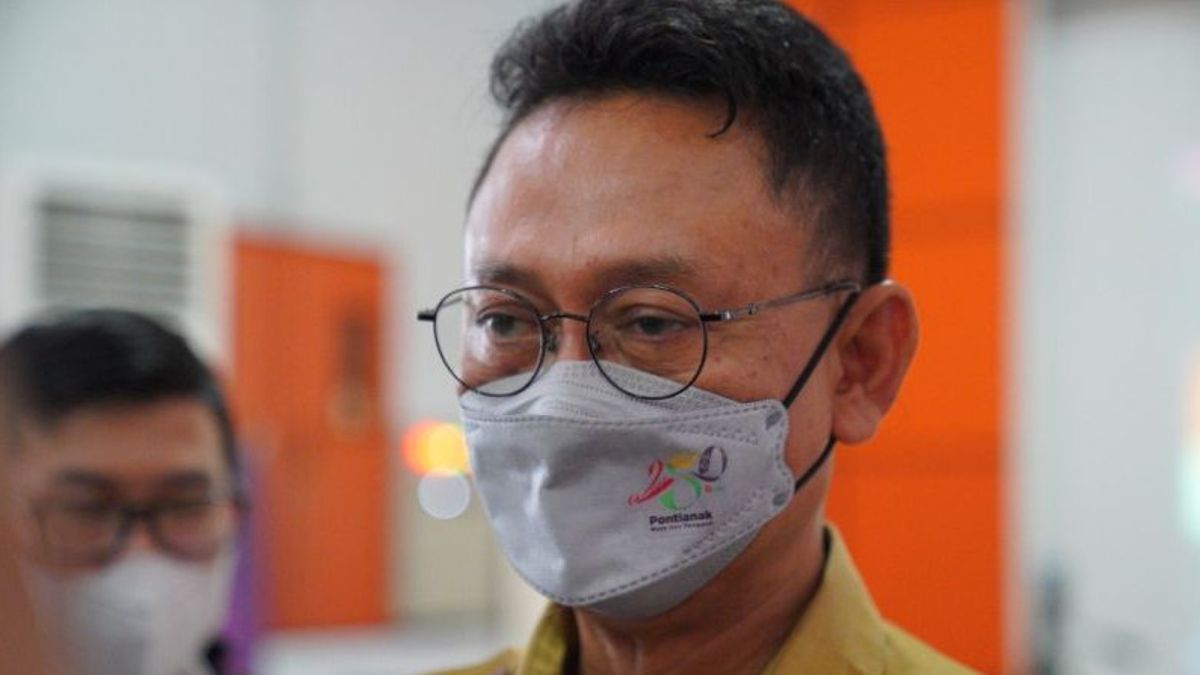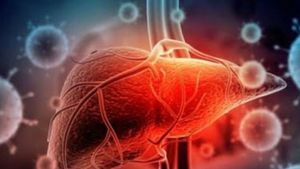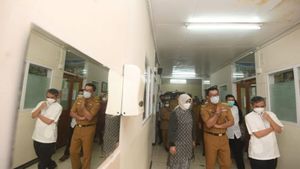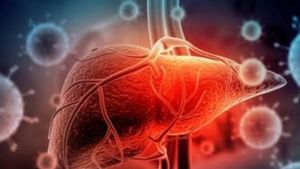PONTIANAK - The City Government (Pemkot) of Pontianak, West Kalimantan stated that it is continuing to work and anticipate acute hepatitis, which is currently still not known for certain.
"Currently, cases of COVID-19 continue to decline, but what needs to be anticipated now is acute hepatitis," said Pontianak Mayor Edi Rusdi Kamtono in Pontianak, Friday, May 13.
According to him, until now there have been no significant reports of acute hepatitis that occurred in Pontianak.
He explained that the Pontianak City Health Office continues to monitor cases of acute hepatitis that occur in the community, especially in health centers in Pontianak City.
"We are also collaborating with the West Kalimantan Provincial Health Office to monitor people who come for treatment and take preventive measures against acute hepatitis," he said, quoted by Antara.
Meanwhile, acute hepatitis is an acute inflammatory or inflammatory condition that attacks the parenchyma or hepatocyte cells in the liver, with a period of inflammation or liver cell damage lasting less than six months.
People infected with the virus have early symptoms such as diarrhea, nausea, vomiting, abdominal pain, and low-grade fever. Meanwhile, more severe advanced symptoms such as yellowing of the skin and eyes.
Acute hepatitis can be caused by infections of hepatitis viruses (Hepatitis A, B, C, D, and E), non-hepatitis viruses such as Epstein-Barr virus (EBV), Cytomegalovirus (CMV), Herpes simplex virus (HSV), Coxsackievirus, Adenovirus, Dengue, and COVID-19, as well as by bacteria, fungi, and parasites.
Causes of acute hepatitis can also be non-viral infections, such as consumption of alcohol, drugs or poisons, autoimmune, liver disease, and pregnancy derivatives.
SEE ALSO:
The English, Chinese, Japanese, Arabic, and French versions are automatically generated by the AI. So there may still be inaccuracies in translating, please always see Indonesian as our main language. (system supported by DigitalSiber.id)



















